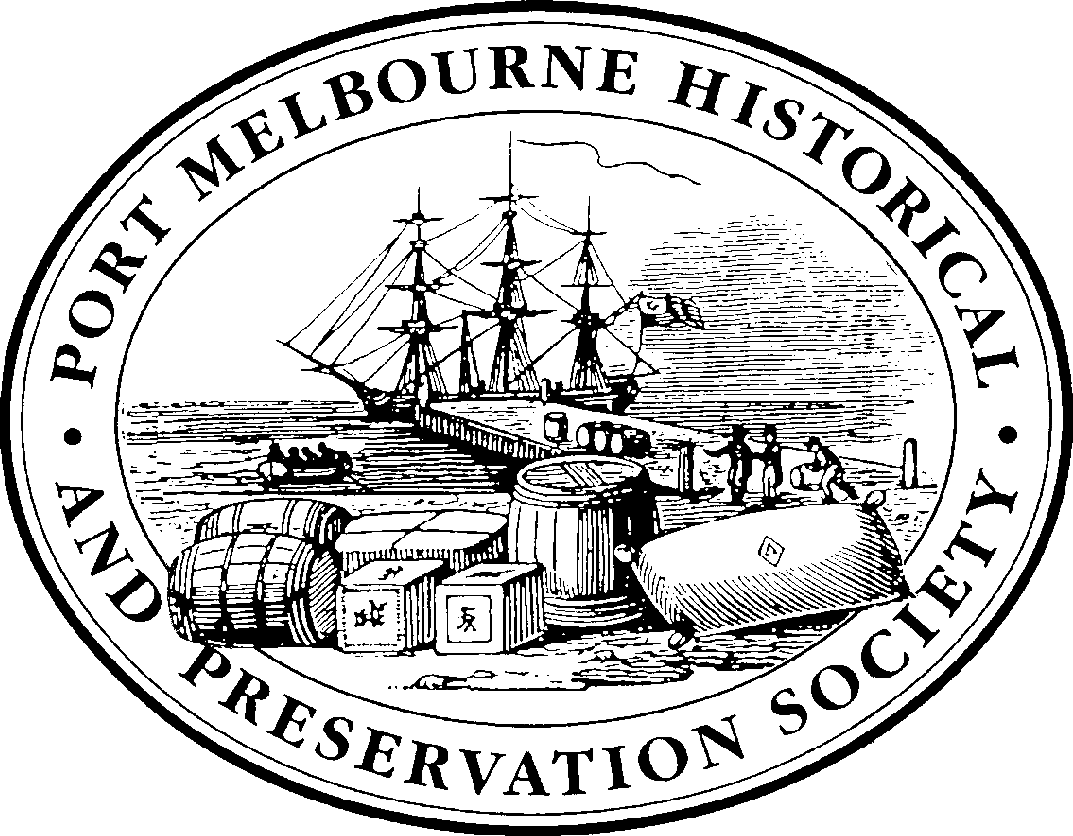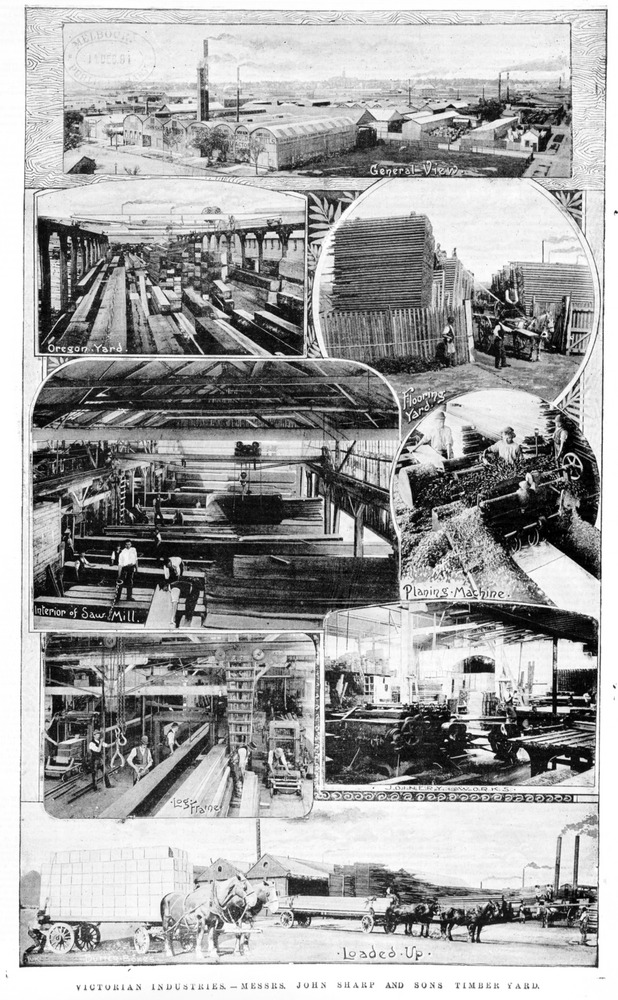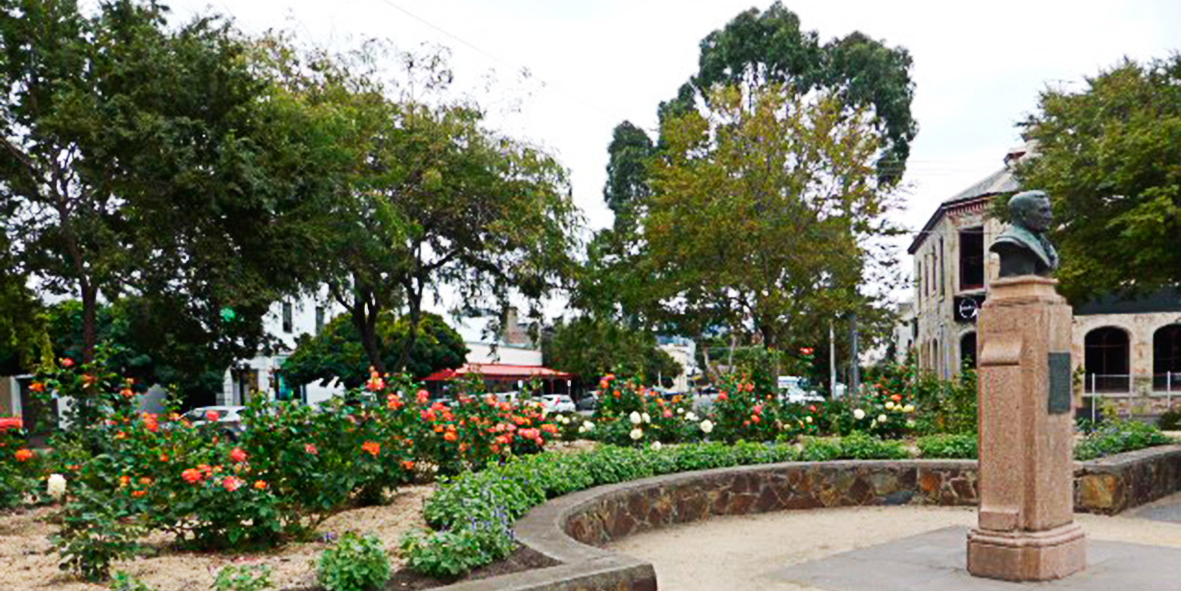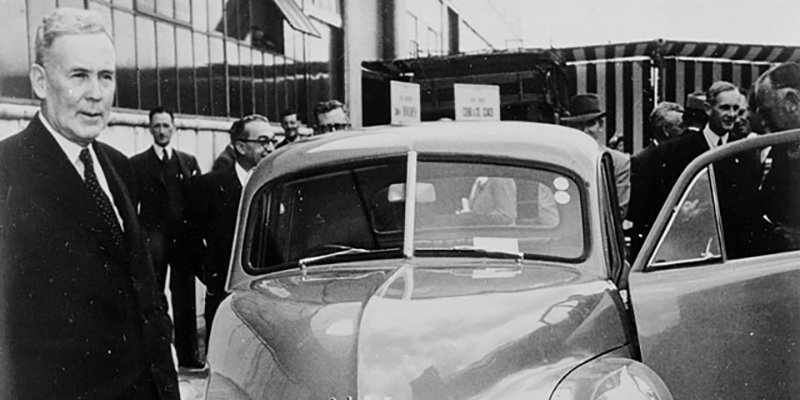The Dog Collar Act
Jill Dawson, descendant of Bernt Aanenson writes:
After arriving from Norway in 1886, Bernt Aanensen and his brother Adolph “Dolph” married two sisters, Grace and Edith Perrett from Geelong. Both families lived in Port Melbourne. Bernt and Edith had ten children, with five generations of descendants, some of whom are still living in Port Melbourne today.
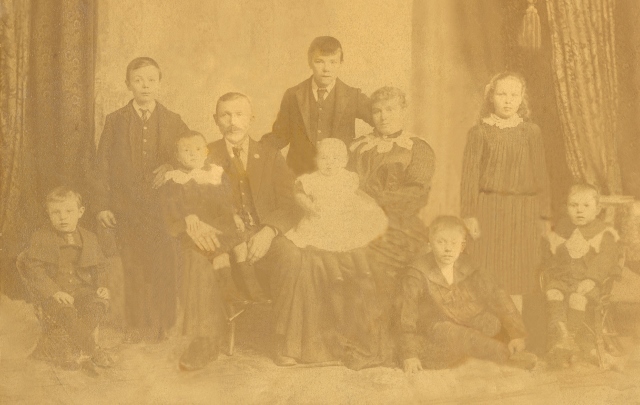
image courtesy of Jill Dawson
Bernt worked on the wharves before, during and after the turbulent years of the depression and took part in the 1928 waterfront strike. The work was extremely hard and hazardous, with many accidents occurring.
There was no permanent employment for wharfies, men had to gather each day and hope they would be selected to work. This was called the “bull” pickup system and was subject to corruption.
The Waterside Workers Union attempted to have this system abolished in a new award. However, the new award handed down by Justice Beeby made conditions much worse. It allowed double pick-up, even cancelling single pick-up where it was practiced. The award removed the restrictions on over-long shifts as this was seen to slow the turnaround time of ships. Waterside workers around Australia instigated industrial action, with riots occurring in Melbourne. The extremely hard times endured by workers and their families, the injuries, arrests and even the death of Allan Whittaker in Melbourne were to no avail.
The Federal government brought in the “Transport Workers Act 1928” that stipulated the engagement, service and discharge of wharfies who now had to have a license, known as the “dog collar”, to work.

